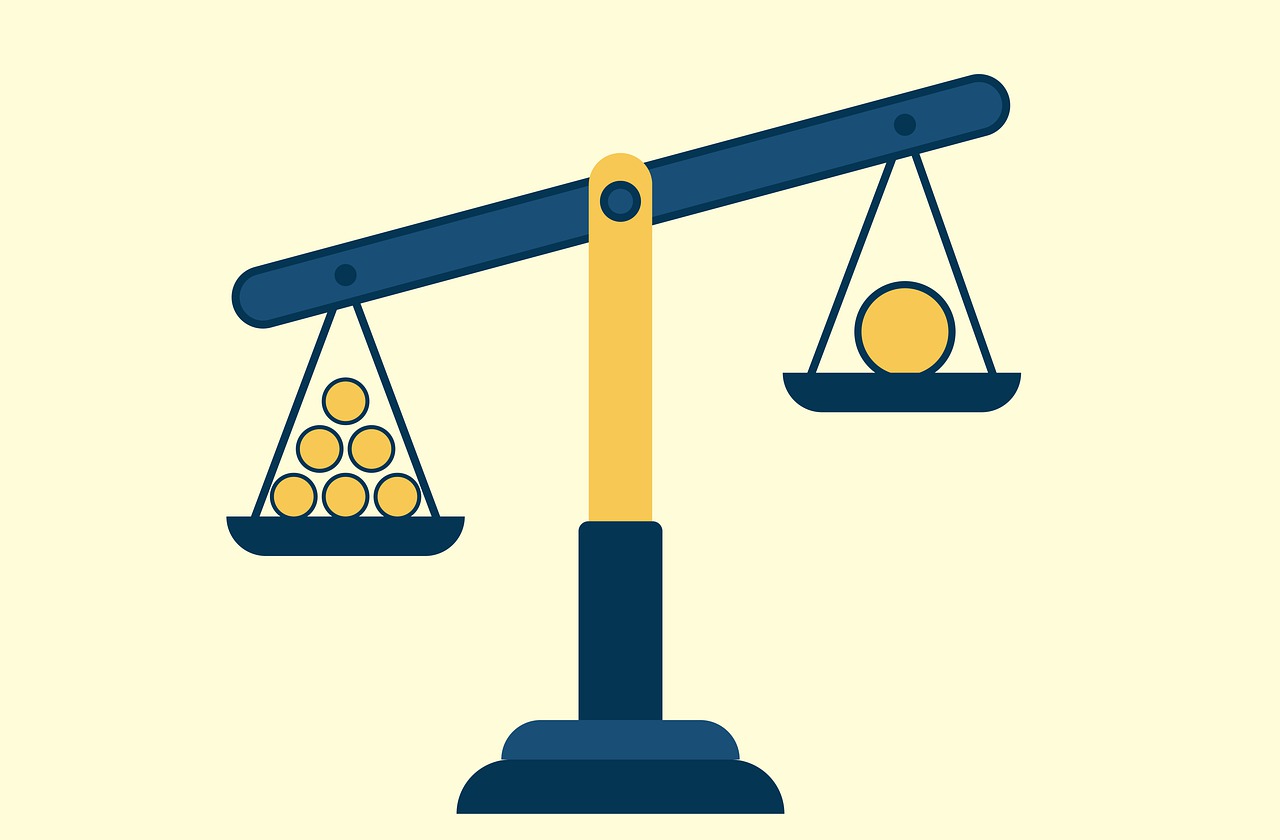The cardinal principle in competition and consumer protection laws is protection of the interests of the consumer for quality products at fair prices. It’s build on the premise that a consumer is the weaker party in the transactional chain and must be protected by the hand of government against unscrupulous traders. Consumer protection laws safeguards consumers from misleading representations, unconscionable conduct and the supply of defective and or substandard goods or services. On the other hand competition law also referred to as anti-trust law ensures that there is fair competition in the market by regulating anti-competitive agreements, abuse of market dominance and such related acts geared towards lessening competition.
Competition Law offers indirect protection while Consumer Protection Law provides direct protection. Whereas competition will check on how industry players relate and interact in the market by way of regulating the creation of monopolies and protection of small enterprises, consumer protection ensures that the consumer is not violated in any way.
The interplay of the two fields of law is critical in all established and emerging economies. As a developing country, Kenya has not been left behind. To buttress the pivotal nature of consumer protection, the Constitution of Kenya 2010 enlists consumer rights in article 46. This shows the intent and the gravity of the need to protect a consumer hence the provision in our National Soul, the Constitution. The rights enshrined therein are;
a) The right to goods and services of reasonable quality.
b) The right to information necessary for them to gain full benefit from goods and services.
c) The right to protection of their health, safety and economic interests; and
d) The right to compensation for loss or injury arising from defects in goods and services.
It goes on to obligate the state to observe, respect, protect, promote and fulfil the above rights. To operationalize the constitutional call, the Parliament of Kenya enacted the Consumer Protection Act 2012. The Act in explicit terms expounds on article 46 of Constitution. It protects consumers from unconscionable conduct such as gross overpricing, one sided contracts, adverse and inequitable transactions and unfair practices including but not limited to false representation that a good or a service has and is of a certain element.
In recognition of our literacy levels, the Act in its wisdom protects the consumer in instances where they are reasonably deprived of protecting their interests due to illiteracy and even language barrier.
The Act is however not a stand-alone legislation on matters Consumer Protection. There are special sector specific laws such as the Standards Act, Contracts in Restrain of Trade Act, Drugs and Chemical Substances Act, the Pharmacy and Poisons Act and the Public Health Act to mention but a few.
In instances of violations of consumer rights, the consumer has the following remedies which can be a personal or a class action;
a. Remedies in constitutional law for violation of consumer rights under article 23 of the Constitution by way of a Petition.
b. Remedies in civil law for illegal contracts. This is for unconscionable and unfair contracts which should not be enforced. Their destiny only is in termination.
c. Remedies in criminal law by way of public or private prosecution for the special laws mentioned above which includes compensation pursuant to the Victims Protection Act 201






Leave A Comment